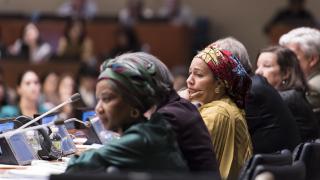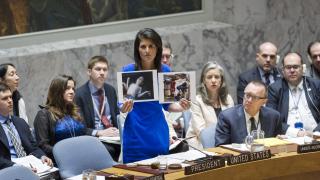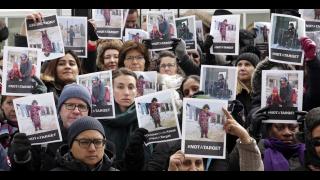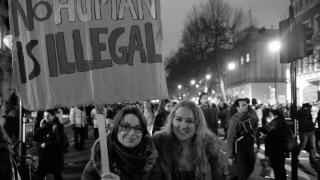
Lord Wood of Anfield, Chair, United Nations Association - UK
“Absurd.” “Shameful.” “You couldn’t make it up.” Headlinewriters had a field day after Saudi Arabia was elected to the UN Commission on the Status of Women (CSW). The NGO UN Watch even claimed to have “exposed” the election results, which are publicly reported by the UN as a matter of course.
As so often, it is member states and not “the UN” who are responsible (read our explainer to find out how the election process works). Saudi Arabia was not appointed to CSW by a UN official or body. Rather, it was elected by its peers after Asia fielded a clean slate of candidates for its allocated places.
But that does not mean that Saudi Arabia’s election should pass without comment or serious concern. There is little need to be reminded of its abysmal record on women’s rights. Our outrage is understandable. But it should not be directed at the UN itself.
The real issue in this case is the behaviour of other states. As long as they allow elections to bodies like the CSW or Human Rights Council to be uncontested, it is inevitable that unsuitable candidates will be successful. This is not a failing on the part of the UN and its officials, but a failure of political leadership on the part of member states.
CSW is made up of 45 states, with a set number of places reserved for each UN regional group (Africa, Asia-Pacific, Eastern Europe, Latin America and the Caribbean, and Western European and Others). It is normal that democratically elected positions which are, by design, representative of the political make-up of the planet as a whole will, from time to time, be filled by countries with woeful track records on the issues they are called upon to discuss. Indeed, one of the strengths of the UN is that it represents the people and governments of the entire world, the good and the bad, and is not merely an echo chamber open only to those who are already in agreement. Our imperfect UN reflects our imperfect world, and – were it otherwise – it would serve no purpose.
But electing states that not only have poor records but a history of obstructing UN activities risks watering down hard-won human rights gains, not to mention seriously damaging the UN’s credibility in the eyes of the public. Few states, if any, are above criticism in this regard. Fielding clean slates is common practice among all regional groups. Indeed, all of them did so for the recent CSW elections, including the UK's group.
Furthermore, notwithstanding the inevitability of Saudi’s election, 47 out of 54 states chose to vote for it. That includes countries from all regions, with at least five EU states seemingly casting their ballots in favour. The Belgian Prime Minster Charles Michel has since said it was a mistake for his country to do so, and that the vote had come unexpectedly, forcing its representative into a hasty decision. The UK has not stated publicly how it voted.
All states have a responsibility to draw attention to Saudi Arabia’s failures with respect to gender equality, not least the UK, which is a member of CSW, a Saudi ally and an influential state at the UN. And the UK should do all it can to ensure that there are no uncontested seats at the UN, including by encouraging alternative candidates. This would serve the British interest of a stronger, more effective UN. And it would help strengthen confidence that the member states of the UN are committed to upholding the values that we all want the UN to champion consistently.
Photo: Town Hall for Civil Society Associated with CSW. UN Photo/Mark Garten



